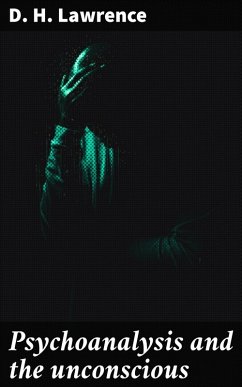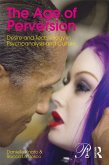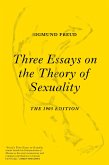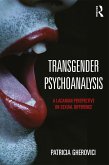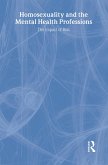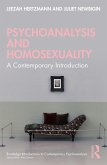D. H. Lawrence'Äôs "Psychoanalysis and the Unconscious" stands as a provocative exploration of the depths of human psychology, particularly scrutinizing the interplay between unconscious desires and societal constructs. Lawrence employs a lyrical, incisive prose style, merging elements of modernist thought with early psychoanalytic theory, culminating in an innovative critique of contemporary morality and personal identity. Through vivid imagery and passionate argumentation, he navigates the complexities of the psyche, challenging readers to confront their own unconscious motivations while reflecting on the broader implications of repression in modern life. As a prominent figure of early 20th-century literature, D. H. Lawrence's own life experiences'Äîmarked by personal turbulence, industrialization, and a deep concern for the human condition'Äîshaped his insights into the psyche. His encounters with Freudian theories and the constraints of societal norms fueled an intellectual curiosity that informed his analysis of human behavior, making this work a vital part of his literary canon, bridging the gap between psychology and literary expression. "Psychoanalysis and the Unconscious" is highly recommended for readers seeking a deeper understanding of the intricacies of the mind and the effects of repression on the human spirit. Lawrence's unique perspective not only enriches our comprehension of psychoanalysis but also invites introspection, making this book an essential read for students of literature, psychology, and philosophy.
Dieser Download kann aus rechtlichen Gründen nur mit Rechnungsadresse in A, B, BG, CY, CZ, D, DK, EW, E, FIN, F, GR, H, IRL, I, LT, L, LR, M, NL, PL, P, R, S, SLO, SK ausgeliefert werden.

